In today's digital world, the use of links has become an integral part of our daily lives. We come across links everywhere, whether it's in social media posts, emails, or website pages. However, long, ugly-looking links can be a hassle to deal with and can negatively impact the user experience. That's where link shorteners come in. A link shortener is a tool that can help you convert long, complicated URLs into shorter and more manageable links. In this article, I will be discussing the importance of using a link shortener, how link shorteners work, the types of link shorteners available, factors to consider when choosing a link shortener, the best link shorteners, pros and cons of free URL shorteners, how to use a link shortener effectively, URL shortening services for businesses, and conclude with my final thoughts on the topic.
Introduction to Link Shorteners
A link shortener is a simple tool that can convert long URLs into shorter links. This is done by using a redirect on a domain that already exists. For example, if you have a long URL, such as www.example.com/myproductpage, you can use a link shortener to convert it into a shorter URL, such as www.shortlink.com/a2d3. Link shorteners have been around for a while now, and their use has become more widespread in recent years due to the rise of social media platforms like Twitter, which have character limits for posts.
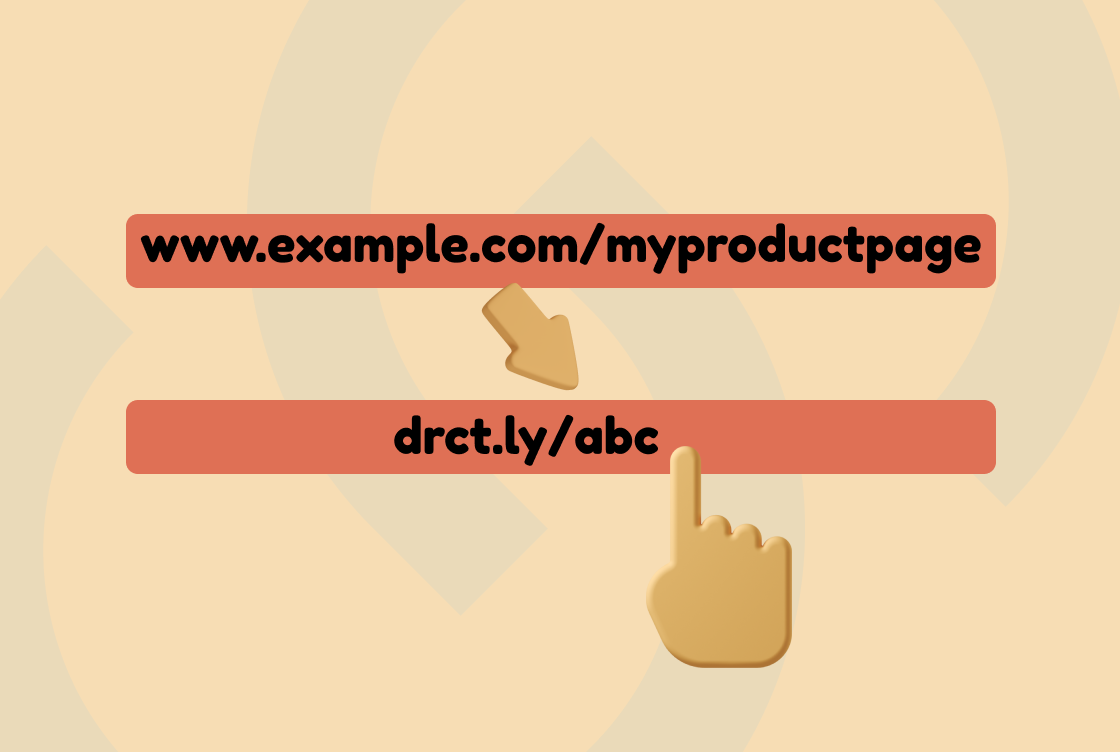
The Importance of Using a Link Shortener
Long, complicated URLs can be overwhelming and can negatively impact the user experience. They can also be difficult to share on social media platforms, where character limits are imposed. Link shorteners can help solve this problem by creating shorter, more manageable links that are easier to share. Additionally, link shorteners can help you track clicks on your links, which can provide valuable insights into the effectiveness of your marketing campaigns.
How Link Shorteners Work
Link shorteners work by redirecting users from a short link to the original long URL. When a user clicks on a short link, they are redirected to the original URL through a server-side redirect. The server hosting the short link maintains a database of the original long URLs and the corresponding short links. When a user clicks on a short link, the server looks up the original long URL and redirects the user to that URL.
Types of Link Shorteners Available
There are several types of link shorteners available, including free, paid, and custom link shorteners. Free link shorteners are the most common and are often used by individuals and small businesses. Paid link shorteners offer more advanced features, such as tracking and analytics, and are typically used by larger businesses and organizations. Custom link shorteners allow you to create your own branded short links, which can help establish your brand identity and improve brand recognition.
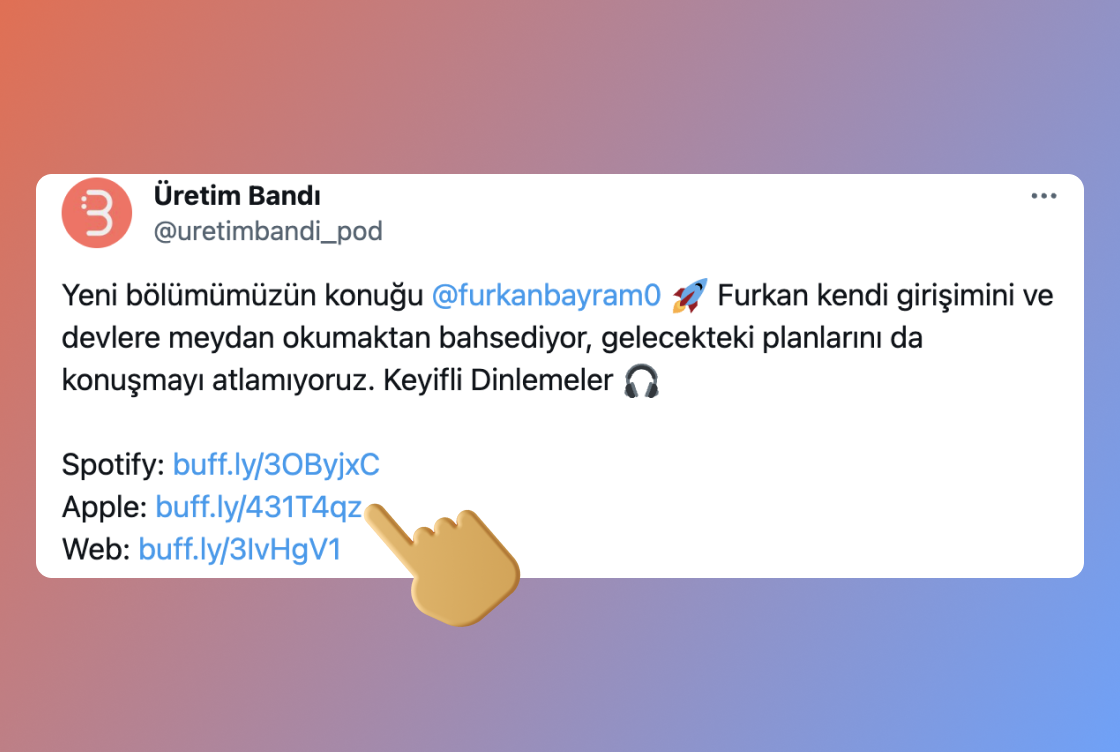
Factors to Consider When Choosing a Link Shortener
When choosing a link shortener, there are several factors to consider. These include the features offered by the link shortener, the pricing, the ease of use, and the level of support provided. Additionally, you should consider the reputation of the link shortener, as well as any security concerns.
Comparison of the Best Link Shorteners
There are several link shorteners available, each with its own unique features and benefits. Some of the best link shorteners include Bitly, Ow.ly, TinyURL, Rebrandly, and Polr. Bitly is one of the most popular link shorteners and offers a wide range of features, including link tracking and analytics, custom domains, and integrations with other tools. Ow.ly is another popular link shortener and is known for its simplicity and ease of use. TinyURL is a simple and straightforward link shortener that is easy to use and free. Rebrandly is a custom link shortener that allows you to create your own branded short links. Polr is an open-source link shortener that is highly customizable and offers advanced features, such as link tracking and analytics.
Pros and Cons of Free URL Shorteners
Free URL shorteners can be a great option for individuals and small businesses that don't have a lot of money to spend on marketing tools. However, there are some potential drawbacks to using free URL shorteners. One of the main concerns is security. Because free URL shorteners are often used by spammers and scammers, they can sometimes be associated with malicious content. Additionally, free URL shorteners may not offer the same level of features and support as paid URL shorteners.
How to Use a Link Shortener Effectively
To use a link shortener effectively, there are several best practices to keep in mind. First, make sure that the link shortener you choose offers the features you need, such as tracking and analytics. Additionally, use a custom domain to create branded short links that match your brand identity. Finally, make sure that your short links are relevant and provide value to your audience.
URL Shortening Services for Businesses
For businesses, URL shortening services can be a valuable tool for improving marketing and analytics. By using a URL shortening service, businesses can create customized, branded short links that can help improve brand recognition and establish a professional image. Additionally, URL shortening services can provide valuable insights into the effectiveness of marketing campaigns, allowing businesses to adjust their strategies as needed.
5 Best URL Shortener
These services provide users with the ability to create shorter and more aesthetic URLs, while also offering various tracking and retargeting features. Each service has its own unique strengths and features, so users can choose the one that best suits their needs.
1. Bitly

Bitly , a well-known link-shortening service is primarily geared toward enterprise businesses with significant online and offline link-sharing needs. It offers a range of features including the creation of short links, branded links, QR codes, custom logo QR codes, and UTM links.
Bitly's metrics allow users to track various data such as link device information, click-through rates, OS and browser data, and country and city-level data. Similar to Buffer, Bitly enables users to create custom campaigns and UTM parameters to monitor traffic from different marketing channels. However, most of Bitly's advanced features are only available in its paid plans, while the free plan offers limited functionalities such as shortening 10 links and creating two QR code generators with limited customization options. Custom domains and detailed analytics are exclusive to the paid plans.
2. TinyURL
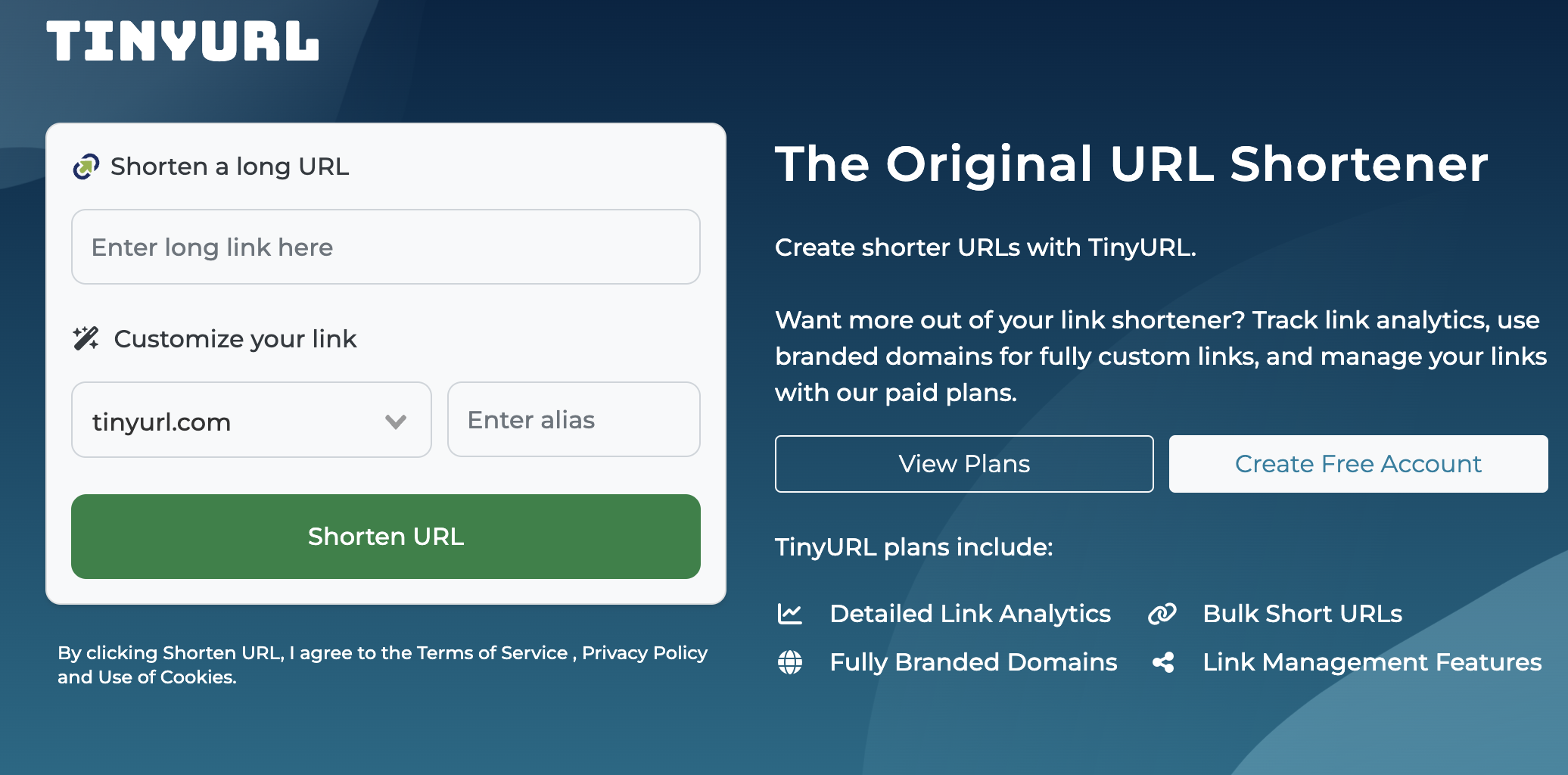
TinyURL is a simple and user-friendly URL shortener that offers basic tracking features. If you're looking for a free and convenient URL shortener for occasional link shortening needs, TinyURL is an excellent choice. It allows you to quickly create shortened links without the need to sign up. With TinyURL, you can customize the end of your shortened links and rest assured that they will never expire.
For those who want more advanced features, such as link tracking and the ability to add a custom domain, TinyURL also offers the option to create an account. This allows users to monitor the performance of their links and enhance their branding by using a personalized domain.
3. Ow.ly
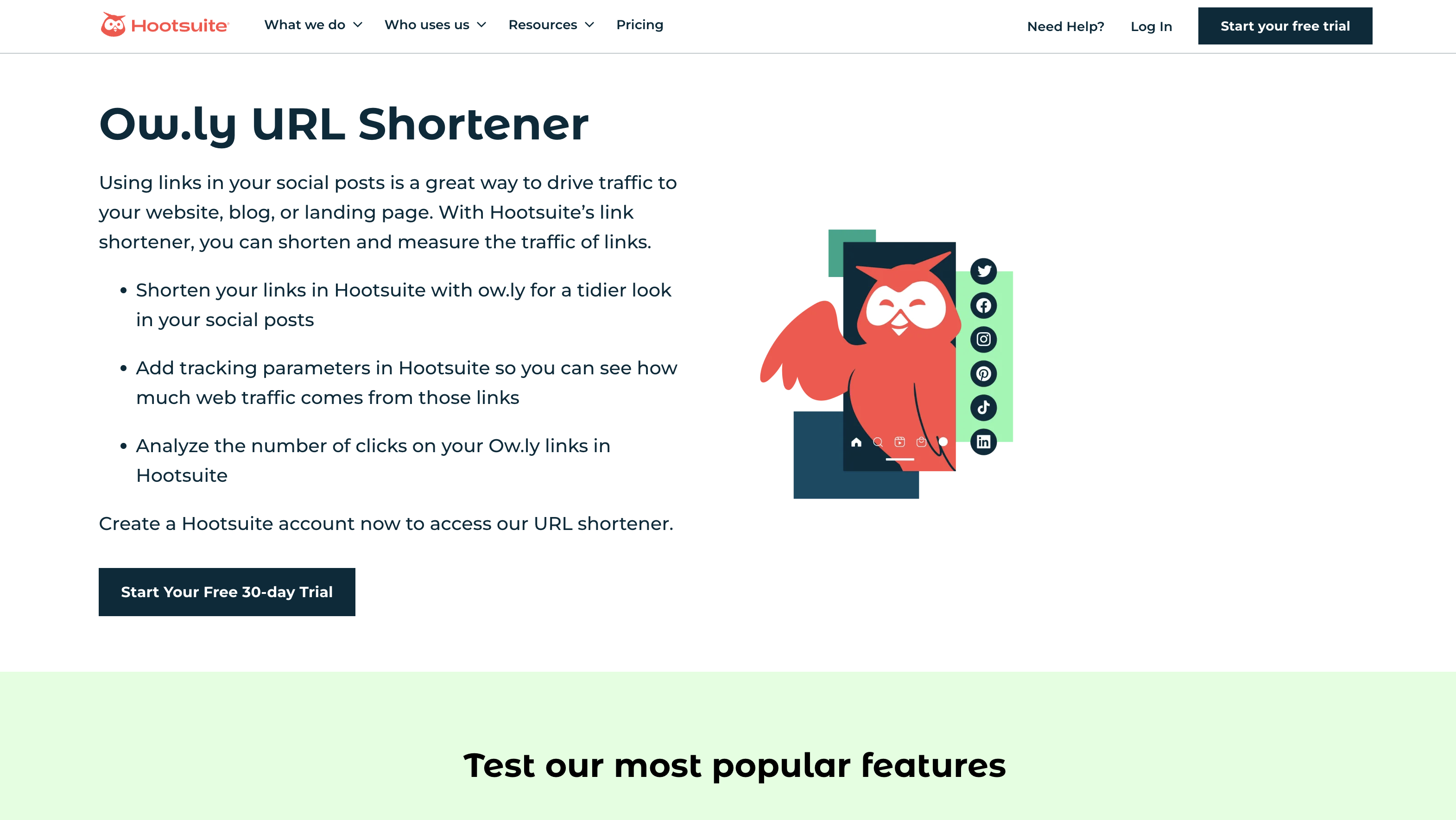
Ow.ly is a URL shortener service provided by Hootsuite, a popular social media management platform. It offers link tracking and analytics, allowing users to monitor the performance of their shortened URLs. Ow.ly is ideal for users who want to streamline their social media sharing and track engagement.
4. Rebrandly
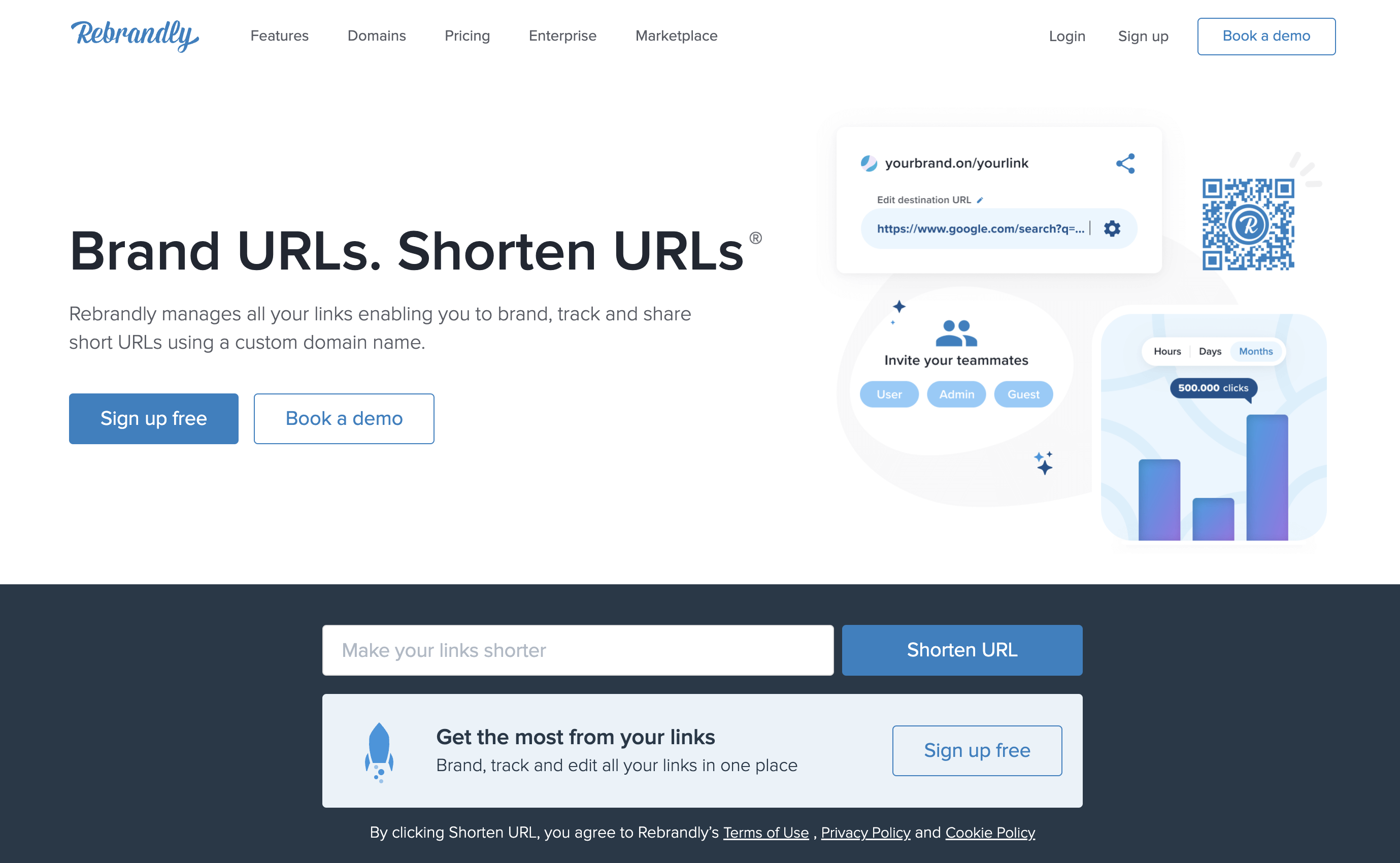
Rebrandly is a URL shortener service that focuses on branding and customization. It allows users to create custom short links using their own domain name, making the shortened URLs more trustworthy and memorable. Rebrandly also offers analytics and tracking features.
5. T2M (t2m.io)
T2M.io is a URL shortener service that offers a range of features to help users create shorter and more manageable URLs. With T2M.io, you can transform long, complex URLs into shorter, more user-friendly links. This can be particularly useful for sharing links on social media platforms or in situations where character limits are a concern.
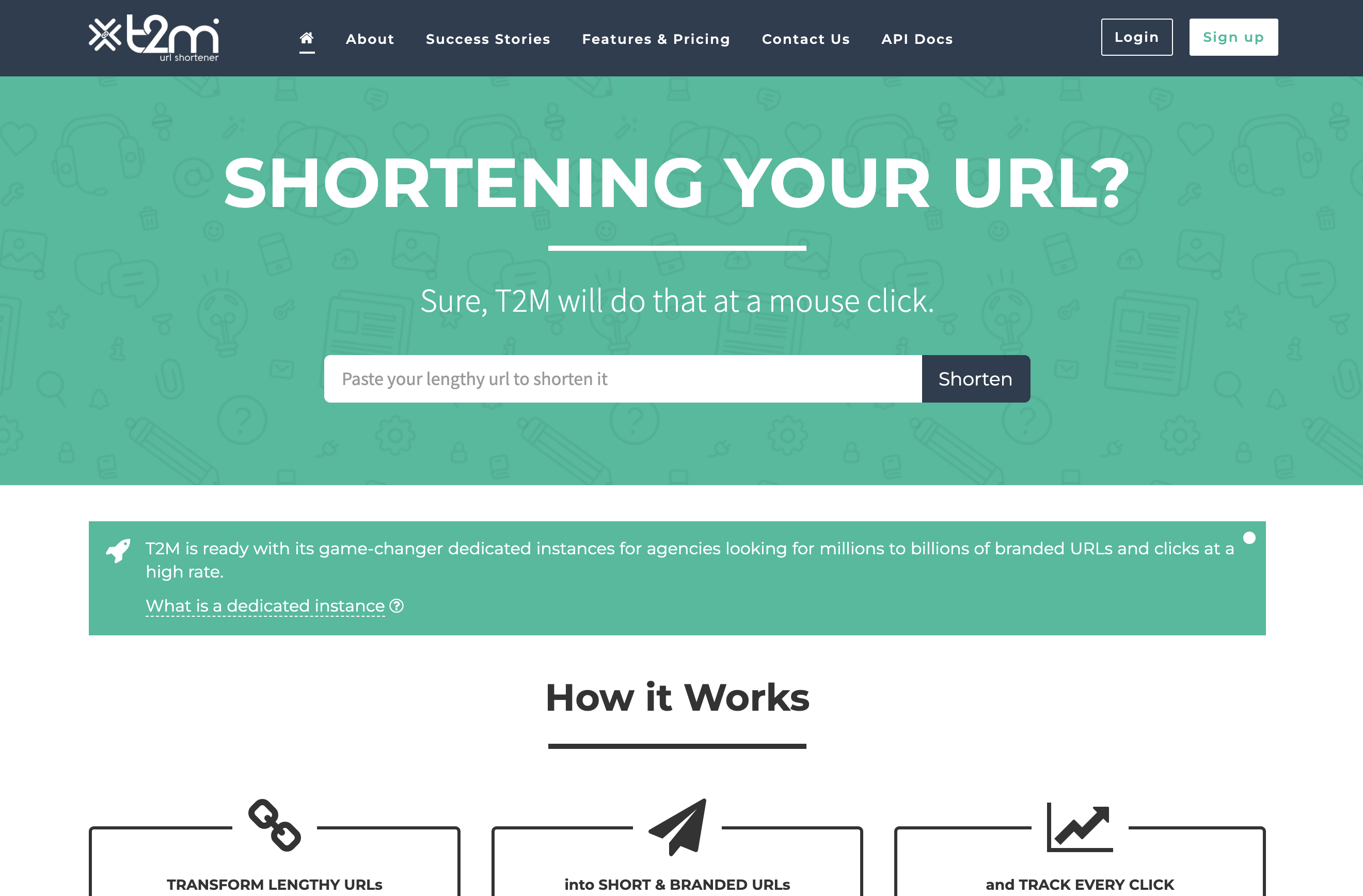
Conclusion
In conclusion, link shorteners are a simple and effective tool for managing long, complicated URLs. They can help improve the user experience and provide valuable insights into the effectiveness of marketing campaigns. When choosing a link shortener, it's important to consider factors such as features, pricing, ease of use, and security. By following best practices and utilizing URL shortening services, businesses can improve their marketing efforts and establish a professional image.
10 Top Free Linktree Alternatives in 2023
Linktree, allows users to create a simple landing page with multiple links to various social media profiles, websites, and other online platforms. There are numerous free alternatives to Linktree that offer similar functionality.

